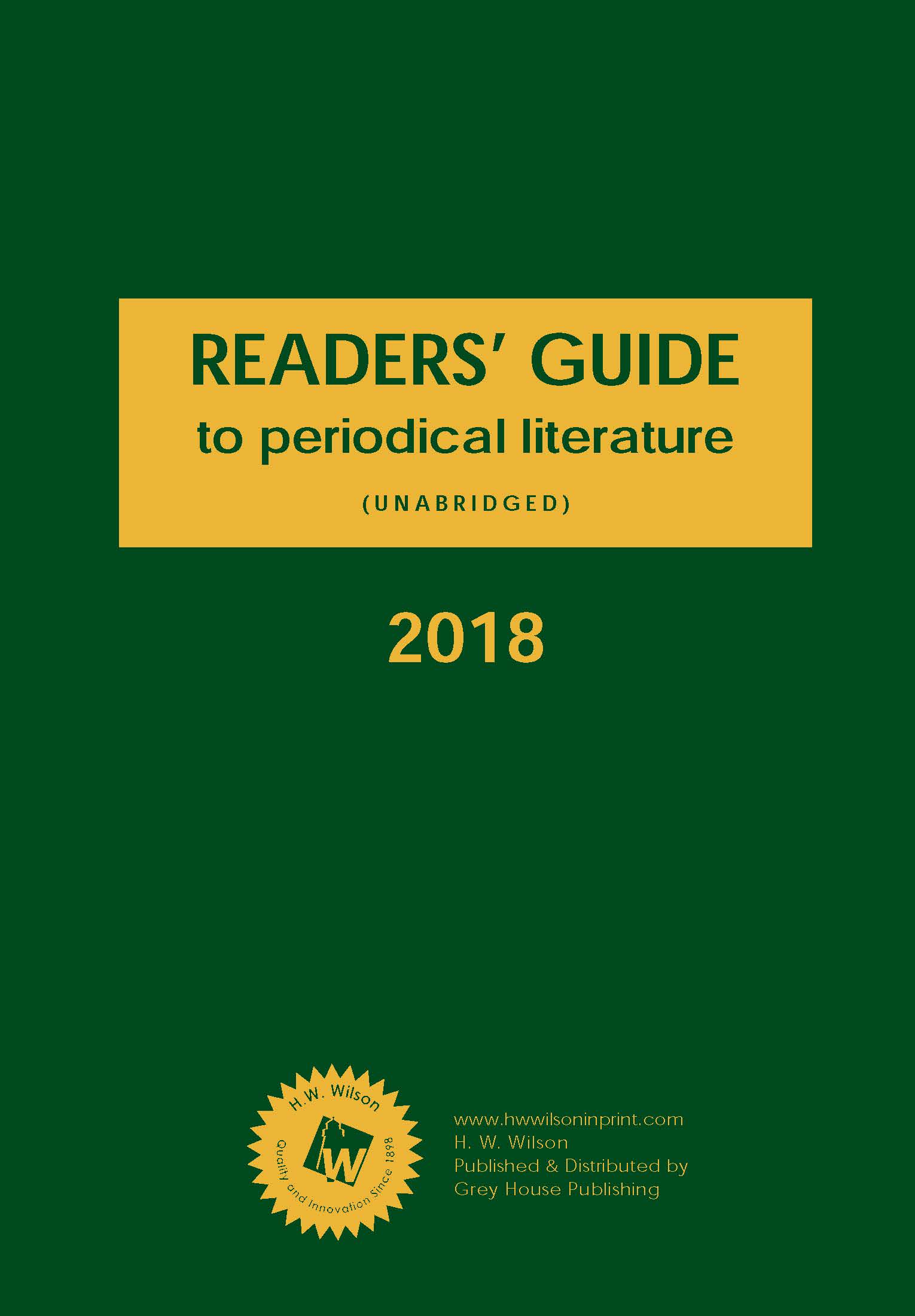8.2 One-step / Two-step Research

Research resources can be categorized in one of two ways. One-step resources refer to those that provide the available information directly. Look up “beagles” in an encyclopedia and whatever information that reference book has about beagles will be in the “article”. Examples of one-step reference works are dictionaries, encyclopedias, directories, almanacs, yearbooks, and syndicated market research sources.
Two-step resources differ in that they indicate where information you might want resides and you have to take a “second step” to actually get the material. If you search for “beagles” in the library catalog, for example, it will point you to where on the book shelf a guide to raising beagles sits. Examples of two-step resources are library catalogs, publication indexes, abstract services, bibliographies, and news aggregation services.
In the pre-digital era, printed two-step tools, like the Reader’s Guide to Periodical Literature, would enable researchers to look up a keyword and get citations to articles on that topic. They would then have to find a physical copy of the magazine and locate the article within the magazine.
Today, the two-step tool (of which Google would be an example) often provides a ready link to the material being indexed.
Each type of one-step and two-step tool is useful at various stages of the information process. At the beginning of your information gathering process, some of the uses might be checking terms so you know what you are talking about, finding contacts that will be useful to talk to, or locating facts and figures that might give you an interesting angle. During the search, these tools will be fact-checkers, and reality checks for the things you hear / discover in your research. When you are at the point of writing or developing the final message, these are the tools that will help you tie up loose ends, find interesting facts to brighten the piece, or give it context.
In order to give you a sense of the rich variety of one-step and two-step research resources available (many or most now online) here are some of the categories and types.


